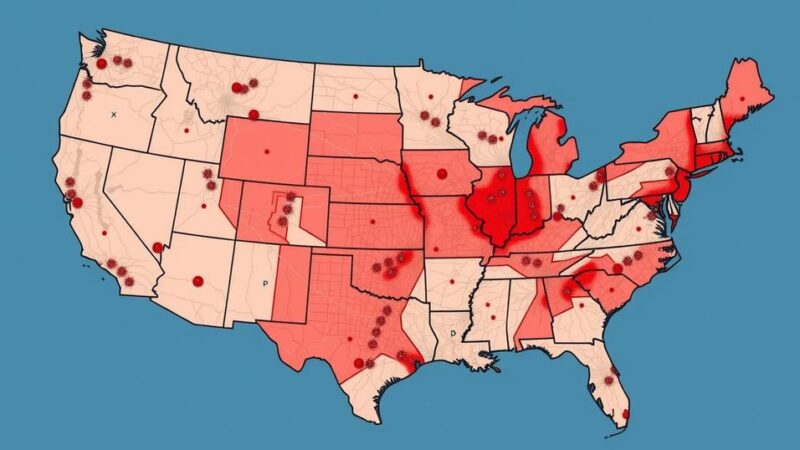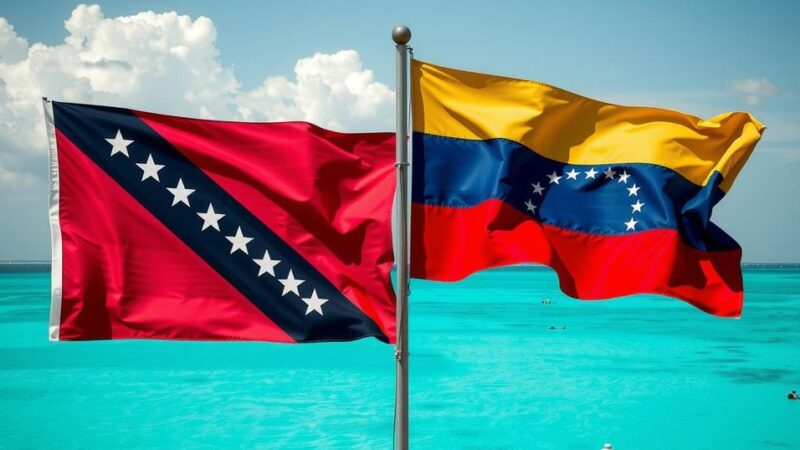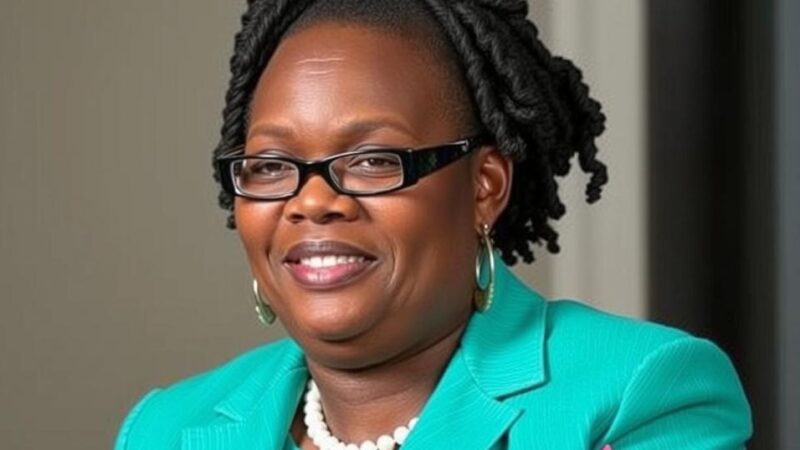The 2024 elections spanned countries with nearly half the global population amid significant unrest due to conflicts and economic crises. Reuters documented a range of voter experiences, with many elections facing disputes and protests. Nationalistic sentiments rose in parts of Europe, while several incumbents faced electoral punishment. Significant victories were noted, including Donald Trump’s return in the U.S. and Claudia Sheinbaum’s historic win in Mexico, as Modi secured a third term in India despite a reduced majority.
In 2024, elections occurred in various countries comprising nearly half of the global population. Through the lens of Reuters photographers, the contrasting emotions of hope, euphoria, frustration, and even rage were documented across five continents. Voting coincided with a backdrop of widespread unrest due to global conflicts, particularly in Ukraine and the Middle East, as well as economic struggles stemming from the lingering effects of the COVID-19 pandemic, leading to supply chain disruptions and inflationary pressures.
From India to Ireland, voters took to polling stations under varied weather conditions, showing their civic responsibility with patriotic displays such as national flags and campaign attire. However, numerous elections became contentious, prompting protests by those feeling disenfranchised. Instances of alleged electoral malpractice were evident, as seen in Mozambique, Venezuela, Algeria, and Indonesia, where dissatisfaction sparked civil unrest.
Amidst these challenges, nationalistic sentiments gained traction in several European nations like France, Romania, and Georgia, with local leaders advocating for action in light of controversial parliamentary elections. Simultaneously, in Russia, President Vladimir Putin secured another term amidst a climate of repression against dissenting voices.
Conversely, some incumbents faced electoral defeat due to voter dissatisfaction with economic conditions. In the United Kingdom, the Conservative Party endured a setback, and similarly, Japan’s Liberal Democrats were penalized at the polls. The United States witnessed Republican Donald Trump facilitate a return against Democratic candidate Kamala Harris. Meanwhile, Mexico made history with the election of Claudia Sheinbaum as its first female leader.
In India, the unprecedented scale of elections involved over one million polling stations traversing from the Himalayas to remote Nagaland. Narendra Modi claimed a third term as Prime Minister, albeit with a diminished majority, marking a significant event in the annals of democratic exercise on a global scale.
The year 2024 was marked by significant global electoral activities, reflecting both a democratic engagement and an atmosphere laden with tension. The context of these elections revolved around various geopolitical conflicts and economic turmoil, all exacerbated by the aftereffects of the COVID-19 pandemic. Major shifts in public sentiment and political alignment were observed across diverse nations, representing a multilayered narrative of people’s struggles for representation and fairness in governance. As various countries navigated through these challenges, the elections became not only a means of political expression but also a barometer of public frustration and aspiration.
In summary, the 2024 elections illustrated a complex intertwining of democratic participation and societal unrest across the globe. While many citizens ardently exercised their right to vote, the experiences were accompanied by significant challenges and allegations of electoral unfairness in several instances. The outcomes of these elections not only shaped political landscapes but also revealed the nuanced socio-economic struggles faced by voters worldwide, underscoring an urgent call for accountability and reform in many regions.
Original Source: www.usnews.com






